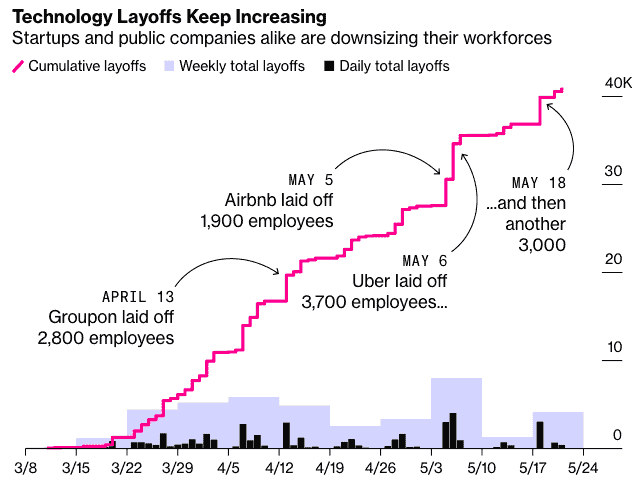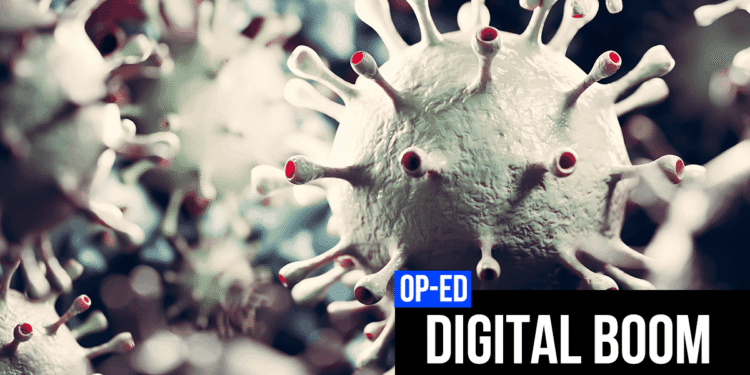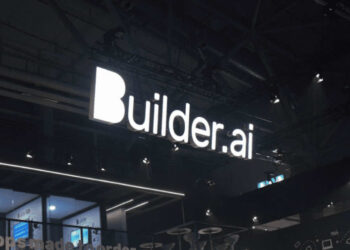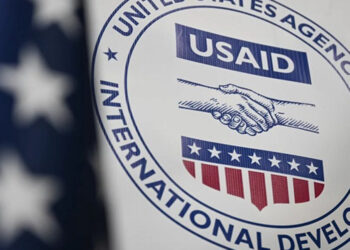Look at the date on your phone, it might as well be 1920 and COVID-19 might as well be the Spanish Flu, humans are still helpless. Forget the technology, right now you just need four walls, soap and water and if you dare venture outside, a piece of cloth covering your nose and mouth.
While it’s hard not to feel the despair and fear all around us now, everyone around the world is finally coming to the realization that regardless of when and how this situation will end, the world we know is never going to be the same.
World War II, 9/11, and most recently, the global financial crisis in 2008 were major incidents among others that have reshaped how the world functioned both socially and economically creating new power balances and affecting how people lived and worked. COVID-19’s impact is arguably more than anything the world has experienced since WWII, according to McKinsey & Company as it is expected, according to financial forecasts, that the EU would see a drop average in GDP from -9.5% to -12.2% and the US from -3.9% to -8.0% by the end of 2020.
A New Normal – not so new!
“For some organizations, near-term survival is the only agenda item. Others are peering through the fog of uncertainty, thinking about how to position themselves once the crisis has passed and things return to normal. The question is, “What will normal look like?” Ian Davis quoted this from McKinsey & Company amidst the financial crisis in 2009.
However, in many ways, the new Normal is being redefined as I write these words right “Now”, from new “social norms” to some jobs, skills, and tasks becoming obsolete within days, you can easily now notice how you, your family, your company or even your government have taken serious steps and have implemented processes to ensure “continuity”. At least I hope you have.
Life Continuity
The operative word for the rest of your life, post-COVID-19, is continuity. And here is why, as you probably have heard by now, some of the world’s largest organizations and enterprises are laying off more people than ever (regardless of how considerate and humane they are about it).
Top Technology Company Lay-Offs to date:
- Groupon has laid off 2,800 employees
- Airbnb has laid off 1,900 employees
- Uber has laid off 6,700 employees
- Lyft has laid off 982 employees
- TripAdvisor has laid off 900 employees
- Brex has laid 62 off 473 employees

Source: Business Insider
This still means the business map is changing because what used to matter most no longer matters at all. So now, as a career person, you are wondering, is everything meant to last? And if so, how will it exactly ‘ continue’?
Right now the CEO may not matter much, your next-door nurse neighbor is now more important in the grand scheme of things, just for life to continue. And that sole fact is exactly how you should re-evaluate your career, your business if you are an owner- or even your family’s priorities. Are the fixtures of your lives continuity-ready? Can it all endure the next phase of re-evaluations and re-definitions?
PIVOT, PIVOT, PIVOT
Reading this might start making the view dark and twisted, but not really. It is an act of god that forces us to re-evaluate every piece of information that we have taken for granted. What we have been taught and what we have practiced for yours no longer apply.
Your team will not be healthy because it participates in Team Building activities or goes out for beers or coffee once a month “on a casual basis” your HR director won’t have the same powers anymore if you thought your company was super cool to allow 1 working day from home per week, it now may as well be the norm for the rest of your career to be remote.
Your company isn’t the same; some employees will have to step up to the plate and prepare for new job descriptions and new expectations.
That means a healthy workforce will not be the group of people bonding by the water cooler every morning, instead, a healthy workforce will be a workforce that actually works together and communicates well without ever having to meet personally, ever.
In my experience leading an organization for almost 20 years now, this is the core of business continuity post-COVID-19; businesses should be all about change management instead of crisis management. With such change comes a large responsibility and enough awareness from founders and managers to contemplate adapting the company’s core values, workplace dynamics, and in some cases, the entire business model.
It is time to consciously pivot your company’s mindset, gearing it to be more aligned with the new norm as opposed to a company struggling to keep its- now virtual- doors open.
According to Mckinsey’s report titled “Beyond Coronavirus: the path to the next normal”, there are five stages to surviving the current status quo and moving into the next World E-Order, and it all falls on the shoulders of management and leadership. Your focus is to Resolve the current crisis and keep your business’s Resilience because “this is a marathon, not a sprint,” in the words of Fady Younan, Extreme Solution’s GM; return your business to ‘functioning cash-positive (if possible) state the soonest all the while focusing, planning and aiming towards the final two stages Reimagination and Reform; which are self-explanatory by definition.
Finally, If you are a business leader, executive, or manager and you are trying to figure out how to navigate the waters of the “New Norm” to sail your ship into safety, my advice would be to start planning and executing a transformation strategy. Change management, workforce modernization, and digital transformation are different stages to ensure your business and workforce are equipped for the “New Norm”.











